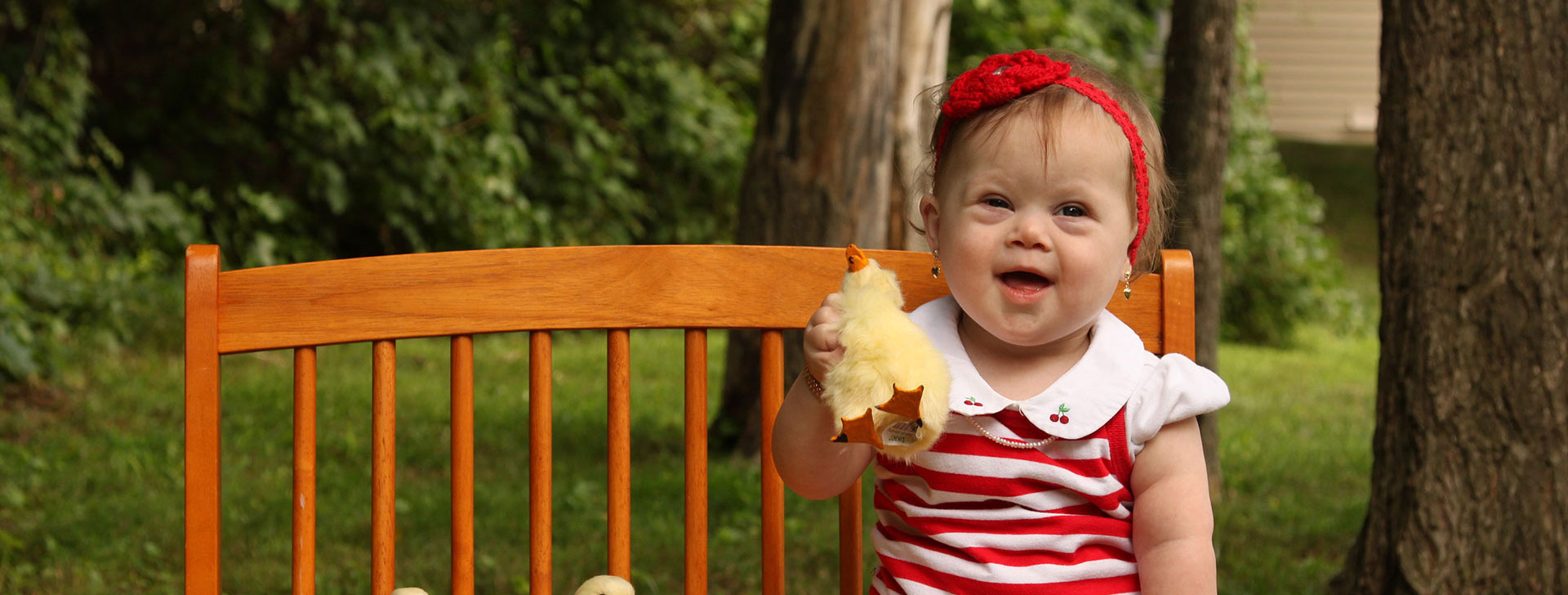What is Trisomy 18?
Trisomy 18 is a chromosomal abnormality. It is also called Edwards syndrome, after the doctor who first described it.
- Chromosomes are the threadlike structures in cells that hold genes. Genes carry the instructions needed to make every part of a baby’s body.
- A “trisomy” means that the baby has an extra chromosome in some or all of the body’s cells. In the case of Trisomy 18, the baby has three copies of chromosome 18. This causes many of the baby’s organs to develop in an abnormal way.
How Many Babies Have Trisomy 18?
- Trisomy 18 is the second most common type of trisomy syndrome, after Trisomy 21 (Down syndrome). About 1 in every 5,000 babies is born with Trisomy 18, and most are female.
- The condition is even more common than that, but many babies with Trisomy 18 don’t survive past the second or third trimester of pregnancy.
What Are The Symptoms of Trisomy 18?
Babies with Trisomy 18 are often born very small and frail. They typically have many serious health problems and physical defects, including:
- Cleft Palate
- Clenched fists with overlapping fingers that are hard to straighten
- Defects of the lungs, kidneys, and stomach/intestines
- Deformed feet (called “rocker-bottom feet” because they’re shaped like the bottom of a rocking chair)
- Feeding problems
- Heart defects, including a hole between the heart’s upper (atrial septal defect) or lower (ventricular septal defect) chambers
- Low-set ears
- Severe developmental delays
- Chest deformity
- Slowed growth
- Small head (microcephaly)
- Small jaw (micrognathia)
- Weak cry
How Is Trisomy 18 Diagnosed?
- A doctor may suspect Trisomy 18 during apregnancy ultrasound, although this isn’t an accurate way to diagnose the condition. More precise methods take cells from the amniotic fluid (amniocentesis) or placenta (chorionic villus sampling) and analyze their chromosomes.
- After birth, the doctor may suspect trisomy 18 based on the child’s face and body. Ablood sample can be taken to look for the chromosome abnormality. The chromosome blood test can also help determine how likely the mother is to have another baby with Trisomy 18.
- If you’re concerned that your baby may be at risk for Trisomy 18 because of a past pregnancy, you may want to see a genetic counselor.
Is There Any Treatment for Trisomy 18?
- There is no cure for Trisomy 18. Treatment for Trisomy 18 consists of supportive medical care to provide the child with the best quality of life possible.
What Is the Outlook for Babies With Trisomy 18?
- Because Trisomy 18 causes such serious physical defects, many babies with the condition don’t survive to birth. About half of babies who are carried full-term are stillborn. Boys with Trisomy 18 are more likely to be stillborn than girls.
- Of those babies who do survive, less than 10% live to reach their first birthday. Children who do live past that milestone often have severe health problems that require a large amount of care. Only a very small number of people with this condition live into their 20s or 30s.
- Having a child with Trisomy 18 can sometimes be emotionally overwhelming, and it’s important for parents to get support during this difficult time. Organizations such as the Chromosome 18 Registry & Research Society and the Trisomy 18 Foundation can help.

